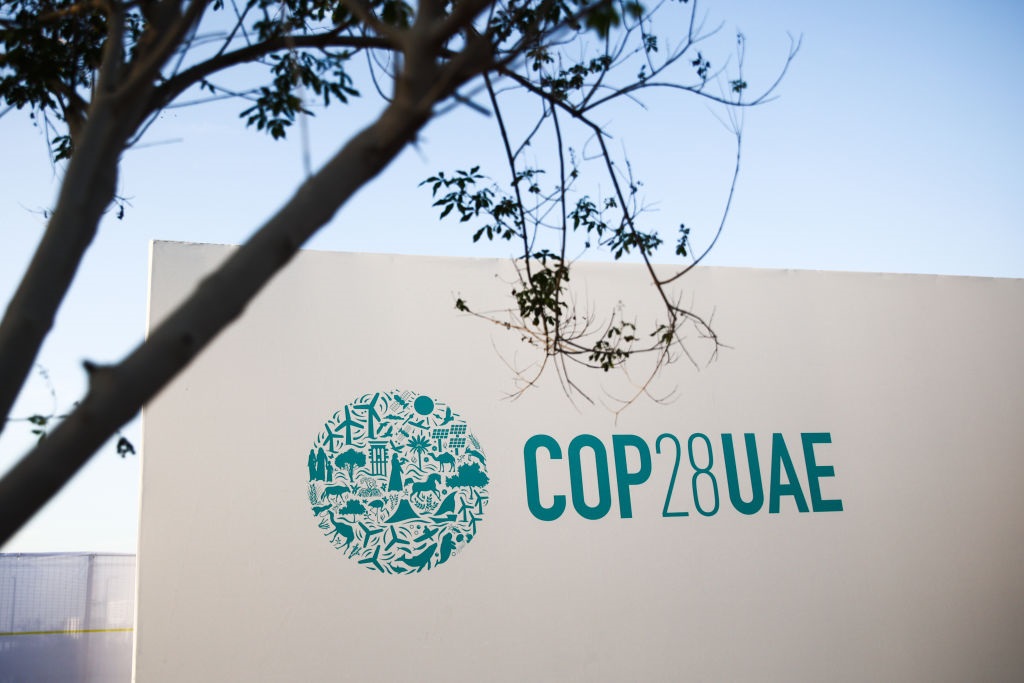

African countries are being urged to reject Western-driven anti-fossil fuel policies outright.
Jakub Porzycki/NurPhoto via Getty Images)
- A draft agreement at COP28 deleted proposals for the phase-out of fossil fuels.
- The main sources of energy in Africa are oil (42%), gas (28%), and coal (22%).
- Countries in southern Africa, such as Zimbabwe, Mozambique, and Angola, pin their hopes on fossil fuels for economic development.
The COP28 Summit in Dubai at Expo City ends on Tuesday with
African countries being urged to reject Western-driven anti-fossil fuel
policies outright.
Already, a tentative draft agreement, which needs to be
approved by 200 countries, deleted proposals for the phase-out of fossil fuels.
At the forefront of this push are oil-producing countries,
which argued the total phase-out would negatively impact their economic growth.
Fossil fuels are the primary drivers of climate change, and
Africa is the hardest-hit part of the world.
In a statement, the African Energy Chamber (AEC) said:
The hypocritical, biased, and unjust climate agenda poses a direct threat to Africa’s development, and countries should remain resilient in their efforts to defend their right to utilise oil and gas.
“For decades, Africa’s oil and gas resources have been
extracted and exported for the benefit of wealthy nations, while the continent
has been left with inadequate resources to meet its growing demand.
“Wealthy nations have not only used these resources to
develop but have positioned themselves as financially and infrastructurally
ready to transition away from fossil fuels.
“Now, Africa is trying to take the same path and is
being directed to abandon an approach taken by those that went before it,”
added the AEC.
The total removal of oil and gas would make Africa’s energy
insufficient because the primary sources of energy on the continent are oil
(42%), gas (28%), and coal (22%).
If it were to phase out these resources, it would be
transitioning from dawn to darkness.
READ | COP28 | ‘It’s like being given a bike without tyres’: Africa’s calls for finance grow louder
“The green agenda promoted by the wealthy nations
continues to ignore how instrumental oil and gas are in Africa,” said As
Al Ghais, the Organisation of Petroleum Exporting Countries (OPEC)
secretary-general.
Mozambique sees a future in its liquefied petroleum gas
deposits in Cabo Delgado as a ticket out of poverty.
It is the same with Angola and Namibia, which recently
rejected a proposed cut in annual production by OPEC.
Zimbabwe, too, is pinning its hopes on new gas finds in the
Cahora Bassa basin in the north of the country.
Phasing out fossil fuels and opting for a “Western
approach” to the energy transition was simply not an option for Africa,
lobbyists argued.
The News24 Africa Desk is supported by the Hanns Seidel Foundation. The stories produced through the Africa Desk and the opinions and statements that may be contained herein do not reflect those of the Hanns Seidel Foundation.
